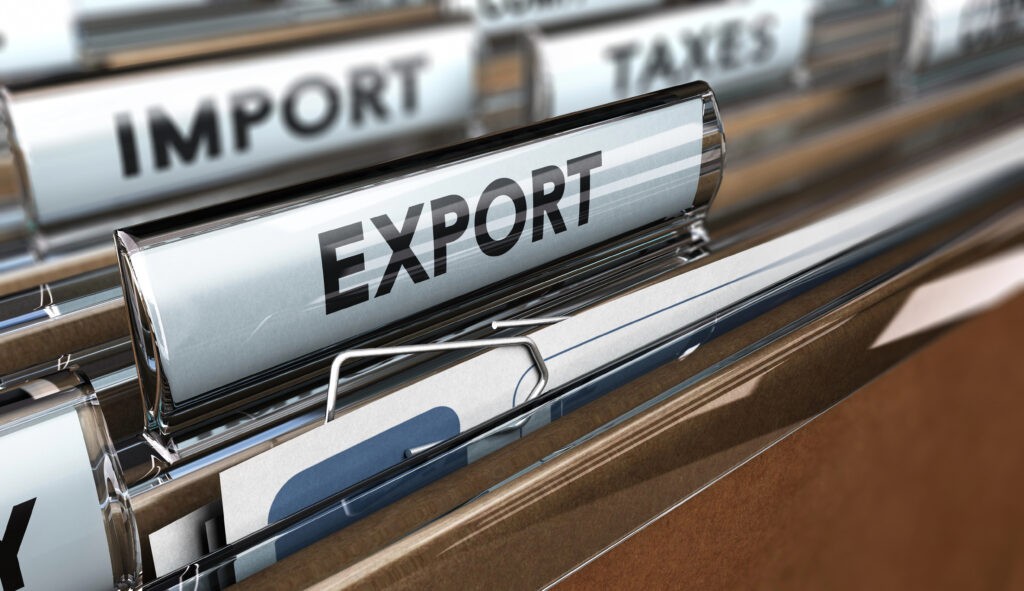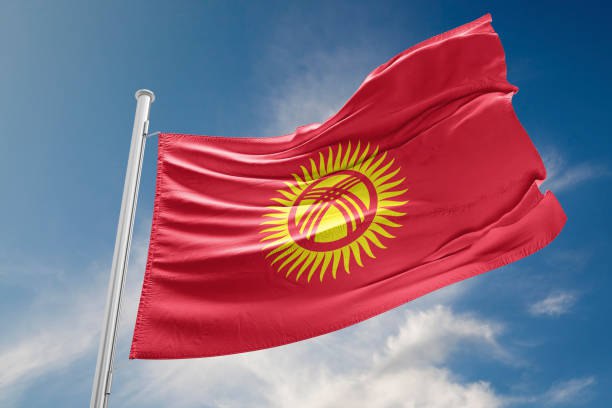Tajikistan Nears Full Transition to Ruble in Trade with Russia, As Bilateral Trade Surges
Tajikistan has nearly completed its transition to ruble payments in trade with Russia, with over 90% of transactions now conducted in Russian currency, according to Firdavs Tolibzoda, head of the National Bank of Tajikistan. This marks a significant shift from 2021, when trade between the two countries was evenly split between the ruble and the U.S. dollar. Tolibzoda highlighted that Tajik banks are working to minimize financial risks by primarily cooperating with Russian banks that are not subject to international sanctions. The shift away from the dollar in Tajik-Russian trade began after Western sanctions were imposed on Russia following its invasion of Ukraine. Over the past three years, Tajik exchange offices have no longer faced periodic shortages of U.S. currency, a problem that was common before the transition to ruble payments. In 2024, bilateral trade between Tajikistan and Russia is expected to reach $1.98 billion, reflecting a 15.6% increase from 2023. However, trade remains highly imbalanced. Russian imports account for 95.2% of total trade, with Tajikistan purchasing oil products and essential goods, while Tajikistan’s exports to Russia amounted to just $96 million, primarily consisting of vegetables, fruits, and mineral products such as ores and concentrates. Despite Russia’s dominant role as Tajikistan’s largest trading partner, China is rapidly catching up. In 2024, Russia accounted for 22.1% of Tajikistan’s total foreign trade turnover, while China’s share reached 21.8%. Trade with China grew by 30.1% over the past year, almost double the growth rate of trade with Russia, indicating a shifting dynamic in Tajikistan’s economic partnerships.






